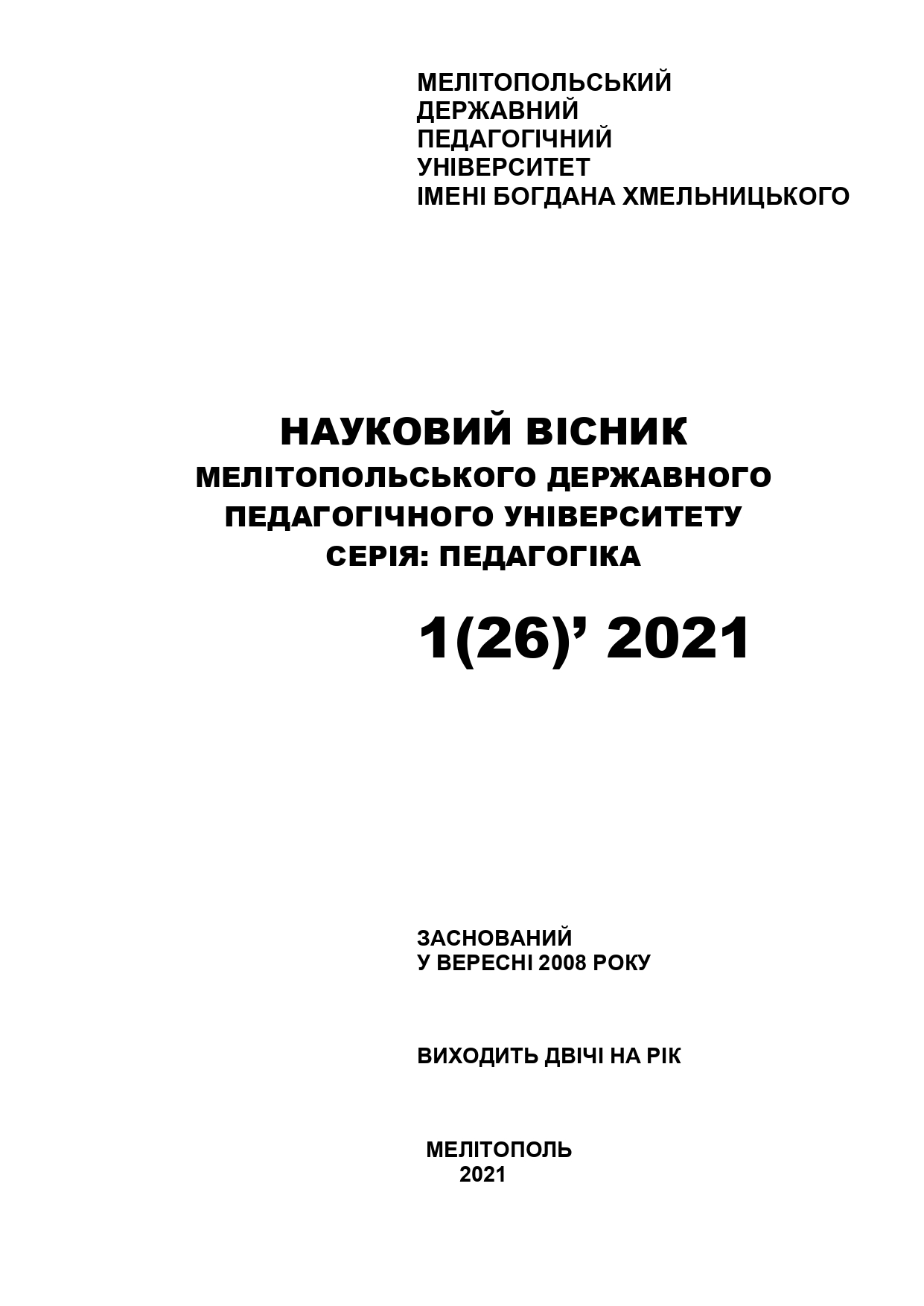Strategic functions of foreign student’s social and pedagogical support: diagnostic and communicative
Abstract
The article considers the essential characteristics of the diagnostic and communicative functions of the system of foreign students’ social and pedagogical support. It was revealed, that the diagnostic function contributes to the implementation of monitoring and analytical actions by the student, allowing to consider the causes of culture shock in a full range and to identify the root causes of a certain problem. It was emphasized that we can achieve the highest level of effectiveness of the diagnostic function when using objective, subjective and projective approaches. The importance of the communicative function as a fundamental element of interpersonal interaction has been substantiated. When carrying out the adaptation, it is necessary to take into account the importance of the communication triad appearing, such as: «foreign student – student of the host country» (the relationship is the interaction of cultures between the personality of the host country and the personality of the foreign culture. The complexity of connection is that it takes a certain amount of time for representatives of these cultures to find the appropriate points of contact to establish the communicative contact, which will promote the effective activity in future. We should add that in the presence of such connection, the foreign student’s intercultural adaptation occurs only in one direction – in the interaction with the American student. «Foreign student – foreign student» - this type of relationship is more structured and difficult, because a foreign student needs to build the relationships not with a representative of one culture, but with individuals of different cultural groups. This feature negatively effects the processes of adaptation, making them longer because a foreign student needs to establish the processes of interaction with many individuals, and for this it is important to conduct the acculturation in relation to several cultures. «Foreign student – the representative of the local community» - such relationship has not academic, but socio-cultural orientation, because the interaction take place not within the educational institution and is not related to educational activities. The creation of intercultural contacts with the representatives of the local community is a more difficult task because they are not under the adaptive influence of the university or college. So it is important to use a different approach, namely cultural when during the events both the local community representatives and foreign students take part in it (e.g., visits the local attractions; festivals for demonstration both local culture and the cultures of students from other countries, etc.).




